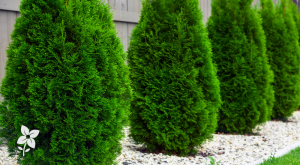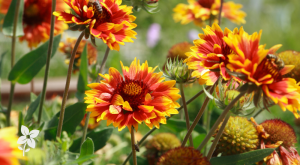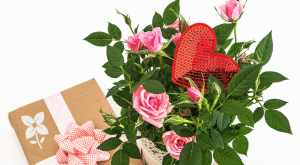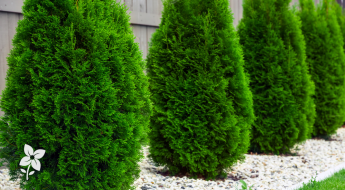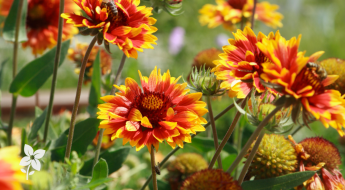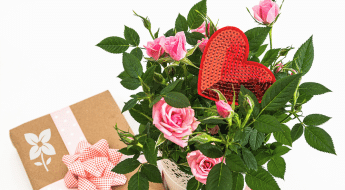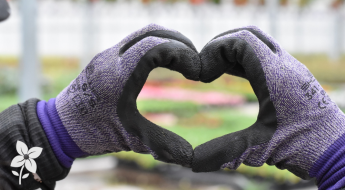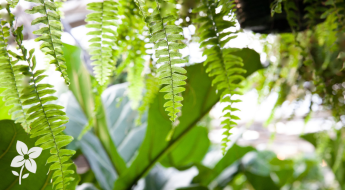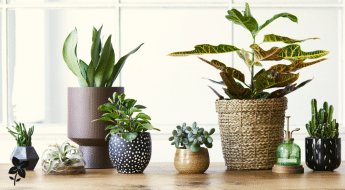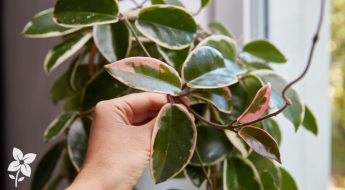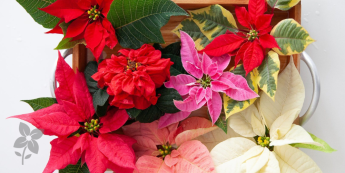
Dos and Don’ts for Freezing your Harvest
By Rob Sproule
Why Freeze the Excess
Freezing 101
Blanching
“Your diet is a bank account. Good food choices are good investments.”
– Bethenny Frankel
Why Freeze the Excess?:
You’ve spent all summer watering, weeding, and loving them to fruit, now the harvest is your reward. You’ve been munching on tomatoes and strawberries all year, but come-carrot-plucking and zucchini-hauling time, there’s often too much to eat and too little time. Freezing them will extend the season and make your bounty last longer.
We’re going to talk about how to freeze, but first let’s talk about why:
“¢ Sharing: home grown food is the original currency of good will. Give away or trade and you’ll get far more back in friendship.
“¢ Healthy Eating: the more food you can eat knowing what went into it, the better
“¢ Money: The less you waste, you less you have to buy. Gardening isn’t all about feeling good: there are serious dollars and cents involved.
“¢ Family: I have 2 young children, and some of their happiest memories are already of gardening.
“¢ Satisfaction: You earned this harvest. Enjoy it a little longer.
Freezing 101:
Not all produce freezes well. Avoid cucumbers, onions, apples, potatoes, and lettuce. You’ll usually end up with goopy messes once they thaw. Beans, carrots, beets (if cooked), spinach, brussel sprouts, squash and corn are good to go. Freezing can lock in the freshness and keep them flavourful even months after harvest.
Wash them well after harvest, making sure all the little bits of dirt are off the carrots (yes, you need to scrub them). Prepping them for cooking (ie. trimming the spinach and cutting the beans), will reduce the volume in your freezer and the time you have to spend in the kitchen when you’re ready to use them. If using Tupperware or solid containers, pack them as full as possible. You want as little air inside as possible.
Plastic bags are ideal. Stuff them, label them with masking tape, and suck as much air out as possible. There are air-sucking machines for the die hards. Properly sealed, your bounty could last 18 months before freezer burn sets in.
Learn more about freezing your harvest, with Alberta’s Best Gardening Blog
Blanching:
Your produce doesn’t stop ripening when you pick it. Enzymes inside keep working, leading to flavour, colour, and nutrient loss. Blanching will slow the process down considerably. To blanche, scald your veggies in boiling water for a short time, then shock them by dousing in ice water. You’ll slow the enzymes down to a crawl, cleanse micro-organisms off the surface, and sharpen the colour.
Different veggies need different boiling times to blanche. Overcooking them is worse than not blanching at all:
“¢ Asparagus: 3 mins
“¢ Green or Wax beans: 3 mins
“¢ Brussel Sprouts: 4 mins
“¢ Carrots: 5 mins for whole, 2 mins for diced
“¢ Corn-on-the-Cob: 9 mins (cool corn on the cobb twice as long as you boil it for)
“¢ Green peas: 2 mins
“¢ Sweet Peppers: 3 mins for half peppers, 2 mins for cut peppers
“¢ Summer Squash (including Zucchini): 3 mins
You can steam, as well, which works well for broccoli and mushrooms. Microwaving isn’t a good idea; it slows the enzymes but breaks down all the cells.


